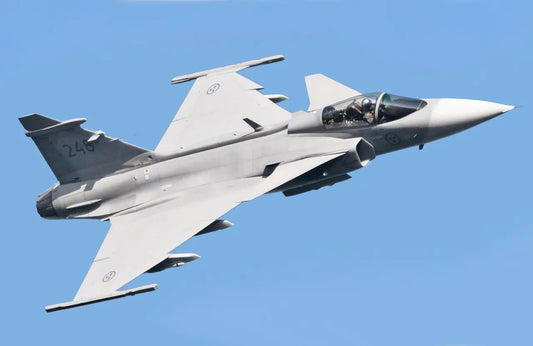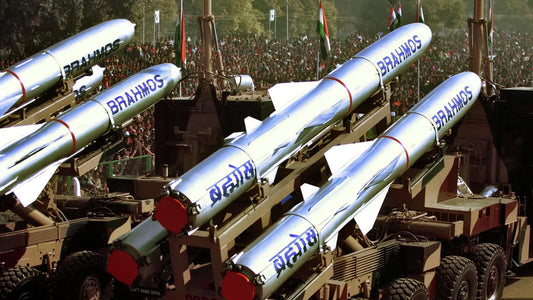Israeli Strikes Severely Damage Key Iranian Nuclear Facility, IAEA Confirms

Israeli airstrikes have caused significant damage to a prominent Iranian nuclear facility, severely impacting the country's uranium enrichment efforts, as per a recent evaluation by the International Atomic Energy Agency (IAEA). The targeted strikes hit Iran’s uranium-conversion facility in Isfahan, situated approximately 400 kilometers from Tehran.
The facility in Isfahan plays a crucial role in Iran's nuclear framework, as it is the nation's sole site for converting raw uranium into centrifuge feedstock. This capability freeze halts Iran's potential to enrich more uranium despite its current reserves. The IAEA report indicates that these strikes could delay Iran’s nuclear fuel cycle operations by several months.
Robert Kelley, a former IAEA inspector and US nuclear engineer, stated, “If you interrupt that piece of the flow-sheet, the fuel cycle doesn’t work anymore,” pointing out that unless Iran has alternatives, restoring the facility's operations could demand substantial time and resources.
The IAEA also confirmed that while Israel successfully destroyed above-ground facilities at Iran's main enrichment site in Natanz, the underground sections, which are heavily fortified, remain undamaged. However, experts warn that prolonged military interventions might compel Iran to extend its nuclear activities underground, possibly excluding international inspectors.
The airstrikes also claimed the lives of nine senior Iranian nuclear scientists, severely impacting Tehran’s technical capacity. Suzanne Maloney from the Brookings Institution remarked, “It’s going to make it very difficult for Iran to reconstitute the program to the level that it was at prior to these attacks.”
In response, Iran launched hundreds of ballistic missiles and drone strikes against Israeli cities over the weekend, escalating concerns of a wider regional conflict.
Kelsey Davenport from the Arms Control Association expressed concern that the attacks could impede the IAEA's capacity to oversee Iran's nuclear program and increase the risk of nuclear material being moved to undisclosed locations. Experts caution that with about 400 kilograms of highly enriched uranium available, Iran could produce multiple weapons if it decides to withdraw from the Non-Proliferation Treaty and remove inspectors.
The complete strategic implications of Israel’s strikes remain uncertain, but the disruptions to Iran’s nuclear infrastructure and the loss of key personnel signify a notable shift in regional security dynamics.



















